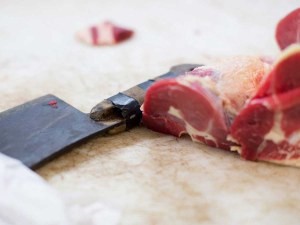OPINION: New Zealand's economy recently entered a technical recession but any hopes for a quick bounce-back looks unlikely - especially as the country's all-important primary sector faces tougher times.
According to the latest Ministry for Primary Industries (MPI) Situation and Outlook for Primary Industries (SOPI) report, medium term prospects for the meat and wool sector are gloomy.
It says revenue for the sector is expected to decrease by 3% to $11.9 billion for the year to 30 June 2023, drop again in 2024 and only get back to the 2023 level by 2027.
The report notes that after a strong 2021/22 season, the average farm profit before tax for 2022/23 for all classes of sheep and beef farms is expected to fall by a massive 31% to $146,300. This fall in profit is due to the increase in farm input costs and weaker meat export prices.
Inflation is identified as a key factor putting downward pressure on sheep and beef farm earnings. In response, farmers are applying less fertiliser, planting fewer crops, and delaying maintenance. Fertiliser costs have risen by 15% and debt servicing by 51%.
While beef export prices fell by 3% in 2022/23, the news is a bit better going forward with a prediction that global beef supplies will tighten as the US beef herd contracts in size.
Lamb export revenue is expected to fall by 8% to $3.3 billion in 2022/23, while mutton revenue will be down by 19% to $570 million. The downward trend for lamb exports is expected to continue this season, dropping by 11% and mutton by 21%.
Meanwhile, in the dairy sector the average forecast payout for the coming season is around $8/kgMS. While this may look healthy at first blush, when you consider that dairy farm costs are forecast to be around $8.96/kgMS, it means there will be very little - if any cream - for dairy farmers this year.
Overall, it looks like the farming sector is in for a 'batten down the hatches' period, where farmers will be minimising costs and watching their spending.
For a country so heavily reliant on a prosperous primary sector for its wealth and wellbeing, we look to have some dark clouds looming on the economic front.



















